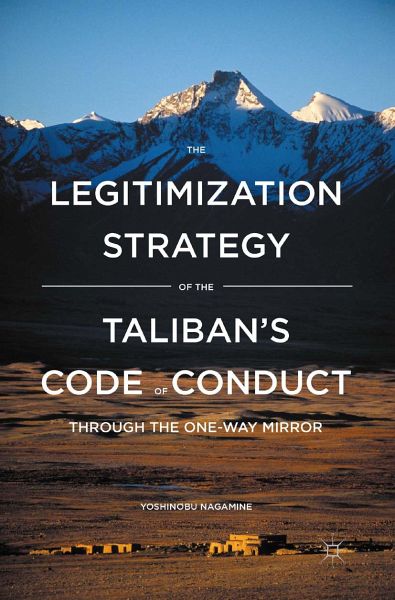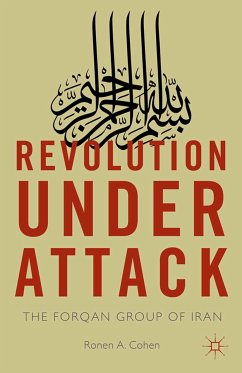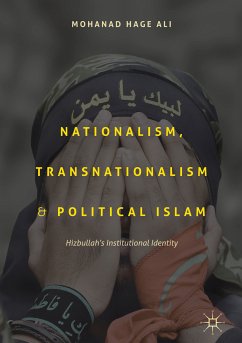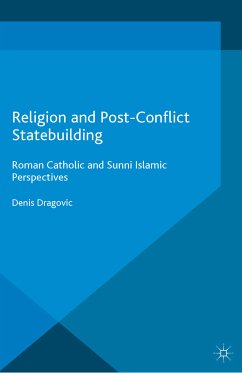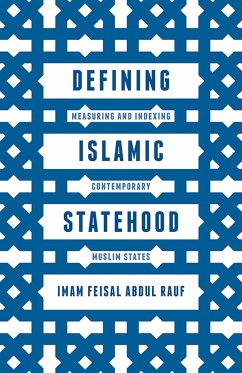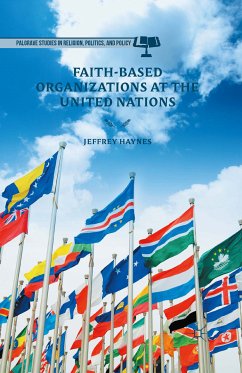"I rarely learned so much by reading a book. This book, based upon a thorough understanding of international humanitarian law (IHL), Islamic law, Afghan culture, and history and interviews in the field, is essential reading for anyone who wants to understand the Afghan Taliban and how IHL matters even for such an armed group heavily influenced by tribal traditions and its own understanding of Islamic law. The author of this book shows convincingly how the Layeha code of conduct issued by the Taliban for its fighters tries but beyond rhetoric and common principles also in many respects fails to accommodate external expectations of legitimacy of the international community based upon IHL to the legitimacy requirements by their own internal
constituency based upon the old rhetoric of Jihad against invading non-believers. Whether the result of a genuine dilemma or mere strategy, this double-pronged approach conceptualized as a "one-way mirror" model, the policy implications of which are shown according to realist, institutionalist, and constructivist approaches, must be taken into account when trying to understand and dealing with the Taliban and in many respects with other armed groups. It offers a perspective of a little more humanity in a situation which is as all wars are profoundly inhumane.' - Marco Sassòli, University of Geneva, Switzerland
'This research makes an original contribution to the field. Various authors have discussed many aspects of the Layeha,but no one has discussed it in such detail and many gaps were left open. The author filled in all the gaps in the Layeha by using many other documents issued by the Taliban leadership. In addition, the interviews with present and former Taliban members make this work excellent.' Muhammad Munir, International Islamic University, Pakistan
"We need to take the Taliban seriously. Neither dismissing what they are saying nor taking everything naively are viable options. Yoshinobu Nagamine avoids both and helps us understand the Taliban better." Olivier Bangerter, author of Internal Control: Codes of Conduct within Insurgents Armed Groups
"This work shows that careful analysis and balanced curiosity without judgmental preconception can lead to an understanding of one of the most complex and fascinating contexts in the world. A must read for humanitarian actors, but not exclusively." Eric Ouannes, former Executive Director, MSF Japan
